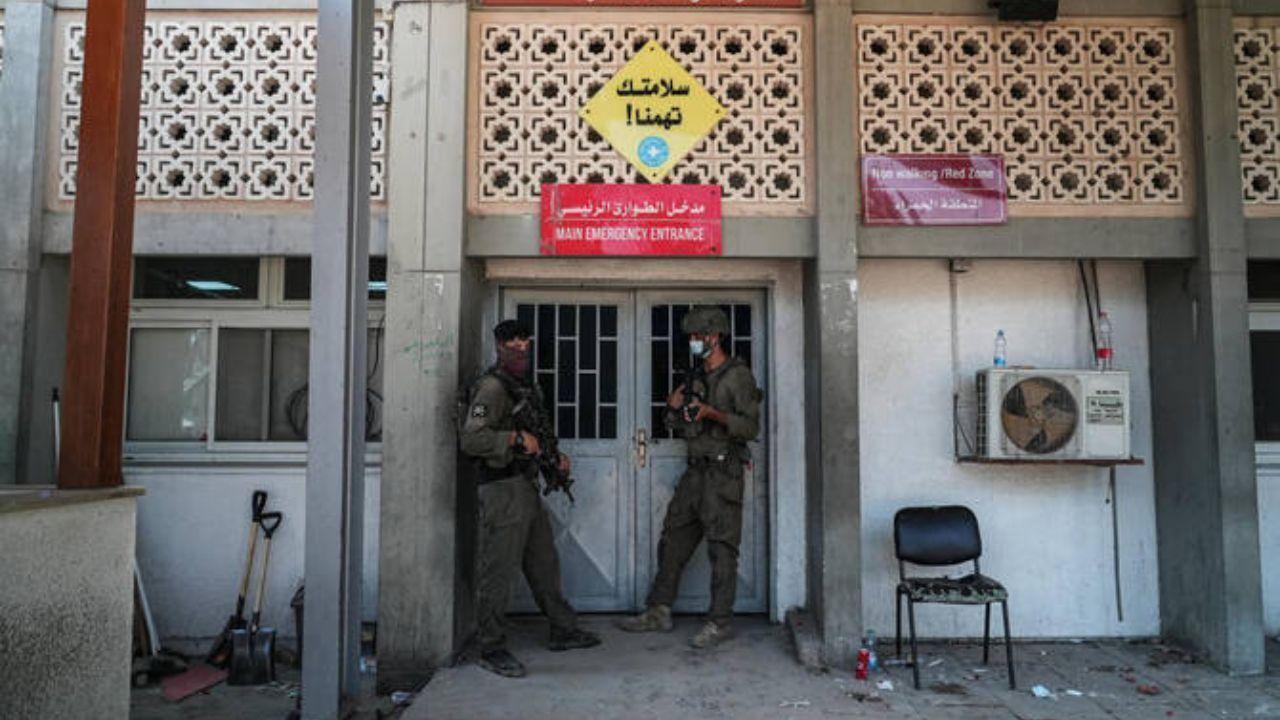
Post by : Priya
Photo:AFP
Violence in the Gaza Strip has escalated yet again. On Monday, Israeli airstrikes killed at least 18 Palestinians, many of them civilians. On the same day, five Israeli soldiers were killed in an explosion inside Gaza. The incident marks one of the deadliest days in recent weeks and highlights the rising cost of a war that has already killed tens of thousands and destroyed much of the region.
The war between Israel and Hamas began in October 2024. Since then, it has caused enormous destruction and human suffering. Cities lie in ruins, and families on both sides are mourning their dead. Monday’s bloodshed serves as a grim reminder that peace remains out of reach.
The Strikes: Civilian Deaths in Gaza Mount
On Monday morning, Israeli fighter jets targeted several areas in central and southern Gaza. The strikes reportedly hit residential buildings in the cities of Deir al-Balah and Khan Younis. Local officials say that at least 18 people were killed in the attacks, including women, children, and elderly residents. Many others were seriously injured.
Residents described terrifying scenes. "We were asleep when we heard the explosion," said a local resident. "My children were screaming. The entire building shook." Videos from the scene showed destroyed homes, smoke rising, and people digging through rubble with their bare hands.
The Gaza Health Ministry, run by Hamas, confirmed the death toll and warned that the number could rise as rescue efforts continued. Several people were believed to be trapped under collapsed buildings.
Hospitals Overwhelmed: Medical Crisis Deepens
Gaza’s hospitals, already pushed to the edge by months of war, are struggling to cope. At Al-Aqsa Martyrs Hospital in Deir al-Balah, staff members said they were out of beds and were treating patients in hallways.
"We received 27 casualties in two hours," said a senior doctor. "We don’t have enough supplies. We lack painkillers, antibiotics, and even clean bandages. We are being forced to make impossible choices."
Electricity in Gaza is also a major issue. Most hospitals rely on backup generators, which are running low on fuel. Aid agencies say that fuel deliveries are blocked due to ongoing fighting and border closures.
Five Israeli Soldiers Killed by Explosives in Gaza
While airstrikes hit Gaza from above, violence on the ground claimed Israeli lives. On the same day, the Israeli military confirmed that five of its soldiers were killed by explosive devices during an operation in Gaza.
According to Israeli defense officials, the soldiers were part of a combat unit involved in clearing tunnels believed to be used by Hamas militants. The explosion occurred in a building rigged with hidden devices, likely placed there by Palestinian fighters.
The army said it is still investigating the incident but believes the troops were caught in a planned ambush. This is one of the deadliest attacks on Israeli forces since the early stages of the war.
A War Without End: Growing Casualties on Both Sides
Since the conflict erupted in October 2024, the death toll has been staggering. According to Gaza’s health ministry, over 38,000 Palestinians have been killed so far. Israel claims that many of those killed were militants, but aid groups say civilians — especially children — make up a large part of the dead.
On the Israeli side, more than 1,500 people have died, including civilians killed in the initial Hamas attack and soldiers lost in combat. Hundreds more have been injured.
Israel launched its military campaign following a surprise attack by Hamas on October 7, in which militants crossed the border, killed civilians, and took hostages. In response, Israel vowed to destroy Hamas completely. Since then, the army has bombed Gaza daily and carried out major ground operations.
Gaza's Living Conditions: A Humanitarian Disaster
The war has turned Gaza into a humanitarian disaster zone. Nearly 80 percent of the population has been displaced. Many people are living in tents or abandoned buildings. Clean water is scarce. Food is hard to find. And the health system has nearly collapsed.
“Gaza is on the edge of total breakdown,” said a representative from the World Health Organization. “Hospitals are shutting down. Children are dying from treatable illnesses. There is no fuel, no food, and no safe shelter.”
Schools, hospitals, and even United Nations shelters have been bombed. Israel says Hamas uses these sites to hide weapons and fighters. Human rights groups say international law requires the protection of civilians, no matter what.
Military Tactics and the Risk to Civilians
Israel says it uses smart bombs and tries to avoid harming civilians, but the nature of the war makes this difficult. Hamas operates in crowded neighborhoods, often using tunnels that stretch beneath homes and schools. This makes it harder to target militants without affecting non-combatants.
At the same time, Hamas has continued to fire rockets into Israel, although the frequency has decreased due to Israeli strikes on launch sites. Israeli cities like Sderot and Ashkelon remain under constant threat, and civilians must often take shelter.
Many experts believe the war has entered a stage where the line between military and civilian targets is blurred. This has created serious legal and ethical questions about how the war is being fought.
Reactions from Families: Grief and Anger
Both Palestinian and Israeli families are mourning. In Gaza, families dig graves for loved ones with their own hands. In Israel, military funerals are held under tight security, with parents weeping over their fallen sons and daughters.
"I lost my wife and my two daughters in a single airstrike," said a Palestinian man in Khan Younis. "They had nothing to do with Hamas. They were just at home."
Meanwhile, in Tel Aviv, a father of one of the five fallen soldiers told local media, “He was just 21. He believed in defending his country. Now he’s gone.”
Global Response: Condemnation and Calls for Ceasefire
World leaders responded with concern. The United Nations, European Union, and several Arab countries have condemned the rising death toll and called for a ceasefire.
U.N. Secretary-General António Guterres urged all parties to stop attacks on civilians. “Every innocent life lost is a failure of humanity,” he said.
The United States, while continuing to supply weapons to Israel, has expressed increasing discomfort over civilian deaths. In a recent statement, the White House urged Israel to use more caution and asked Hamas to release all remaining hostages.
Despite this, peace efforts remain stalled. Talks in Cairo, Doha, and other regional capitals have failed to produce lasting results. Hamas wants a full Israeli withdrawal and end to the blockade. Israel demands the return of all hostages and the destruction of Hamas’ military network.
Wider Tensions in the Region
The war in Gaza is also fueling tensions elsewhere. Hezbollah fighters in Lebanon have exchanged fire with Israeli troops on the northern border. There have been missile attacks from Syria and drone strikes across the region.
Iran, which supports Hamas and Hezbollah, has warned that it may increase its involvement if the war continues. Gulf countries like Saudi Arabia and the United Arab Emirates are watching closely, worried that the fighting could spread.
In the Red Sea, attacks by Yemeni rebels have targeted Israeli-linked ships, disrupting international trade. The risk of a wider regional conflict is growing.
The Hostage Crisis: Still No Resolution
Another major issue that remains unresolved is the fate of the hostages taken by Hamas in the initial attack last October. More than 200 people were kidnapped, including children, women, and elderly citizens.
Some hostages have been released in previous deals, but over 100 are still believed to be held inside Gaza. Their families are calling on the Israeli government to make their release a top priority.
“We cannot wait any longer,” said the sister of a missing hostage during a protest in Tel Aviv. “Every day we wait, we fear the worst.”
The Question of War Crimes
The International Criminal Court (ICC) has launched investigations into possible war crimes by both Israel and Hamas. Human rights groups accuse Israel of using disproportionate force and targeting civilians. Hamas is accused of targeting Israeli civilians and using human shields.
Both sides deny wrongdoing. Israel says it is following the rules of war. Hamas says it is defending its people from occupation.
Legal experts say that documenting evidence will be difficult due to the lack of access to the battlefield. Still, the investigations are expected to continue for years.
The Path Forward: Is Peace Still Possible?
With both sides locked in conflict and trust shattered, the road to peace seems almost impossible. Analysts say that even if a ceasefire is reached, the root causes of the conflict — occupation, blockades, fear, and mistrust — remain unresolved.
For Palestinians, the demand is for freedom, the end of Israeli occupation, and a future state. For Israelis, the main concern is security and survival in a hostile region.
Unless these deeper issues are addressed, another war may follow even if this one ends.
Gaza conflict 2025


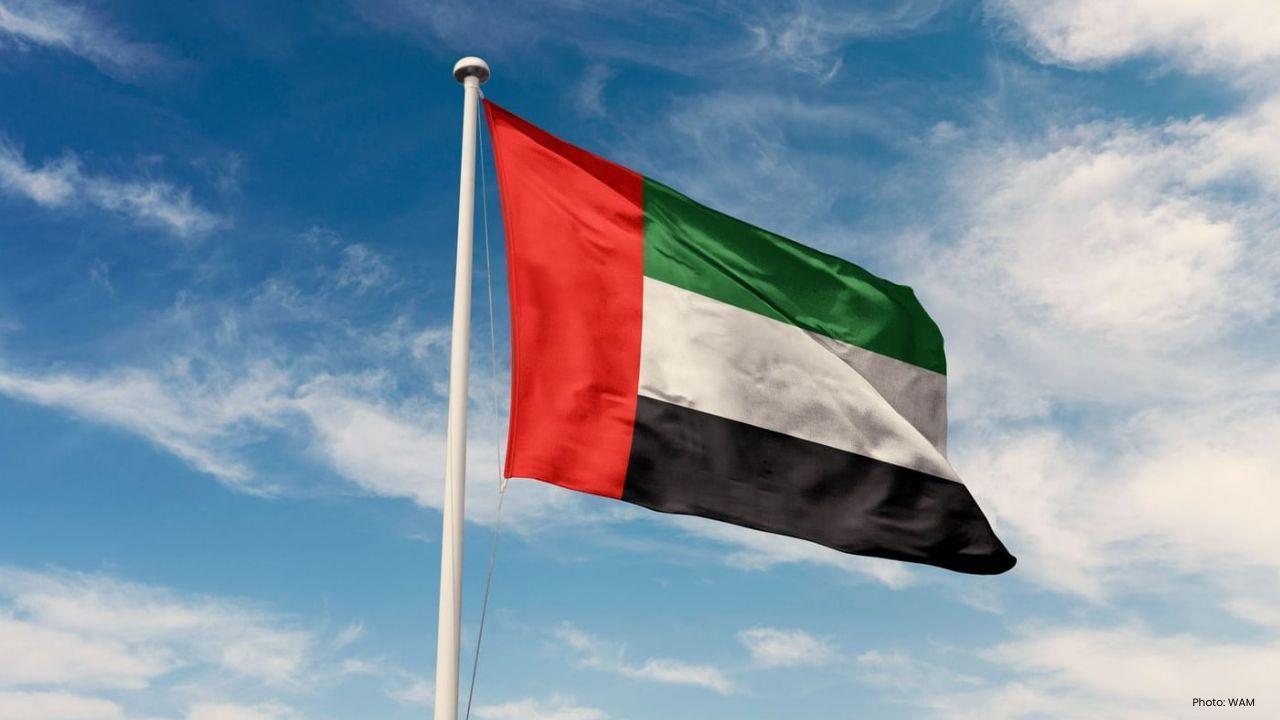
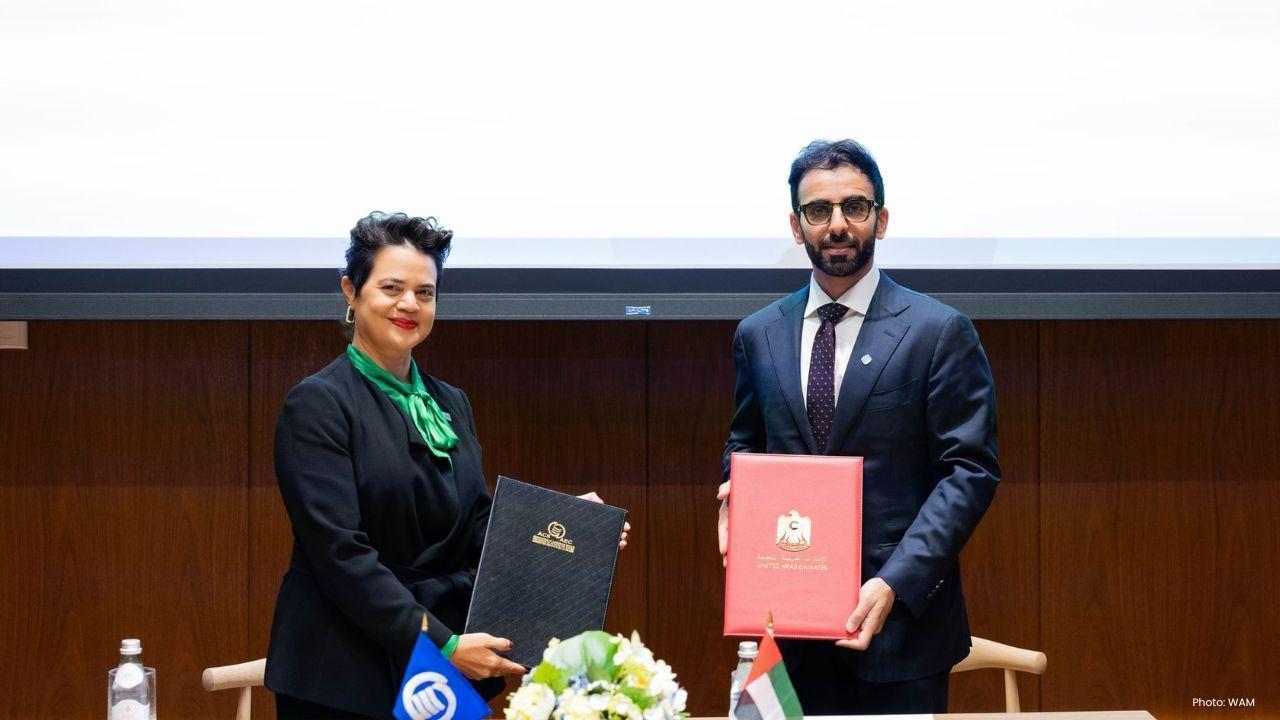


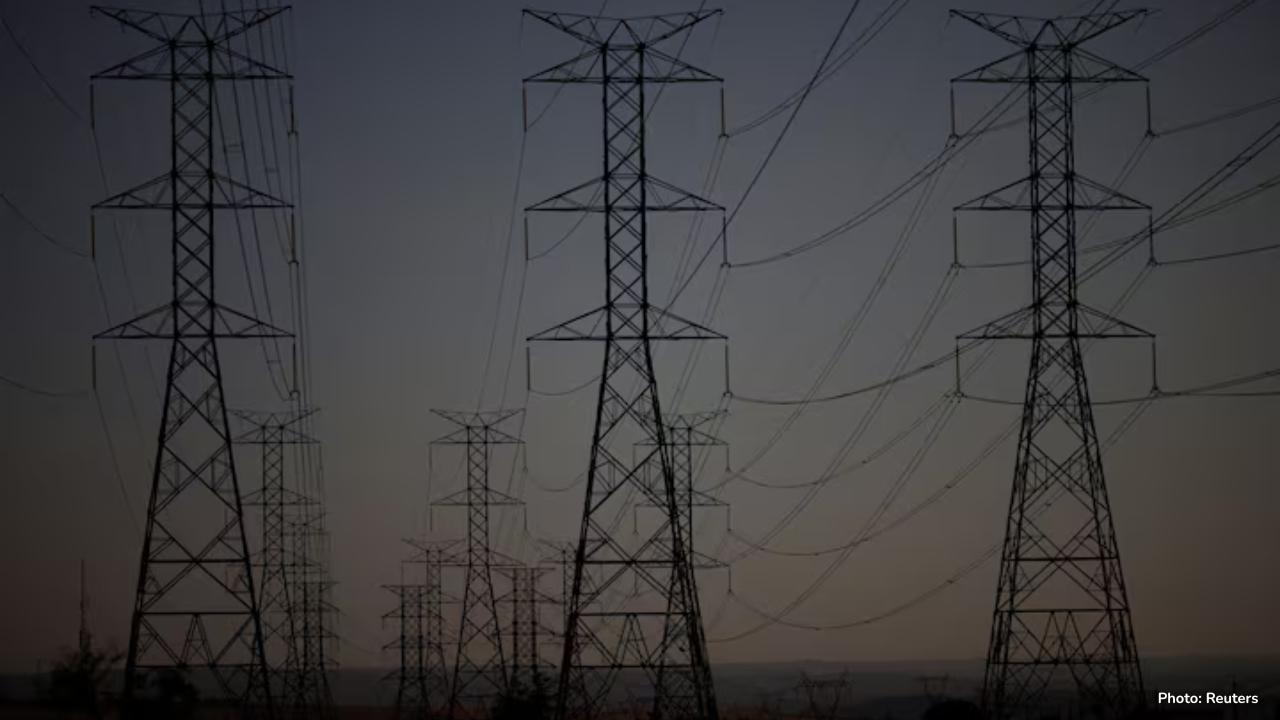

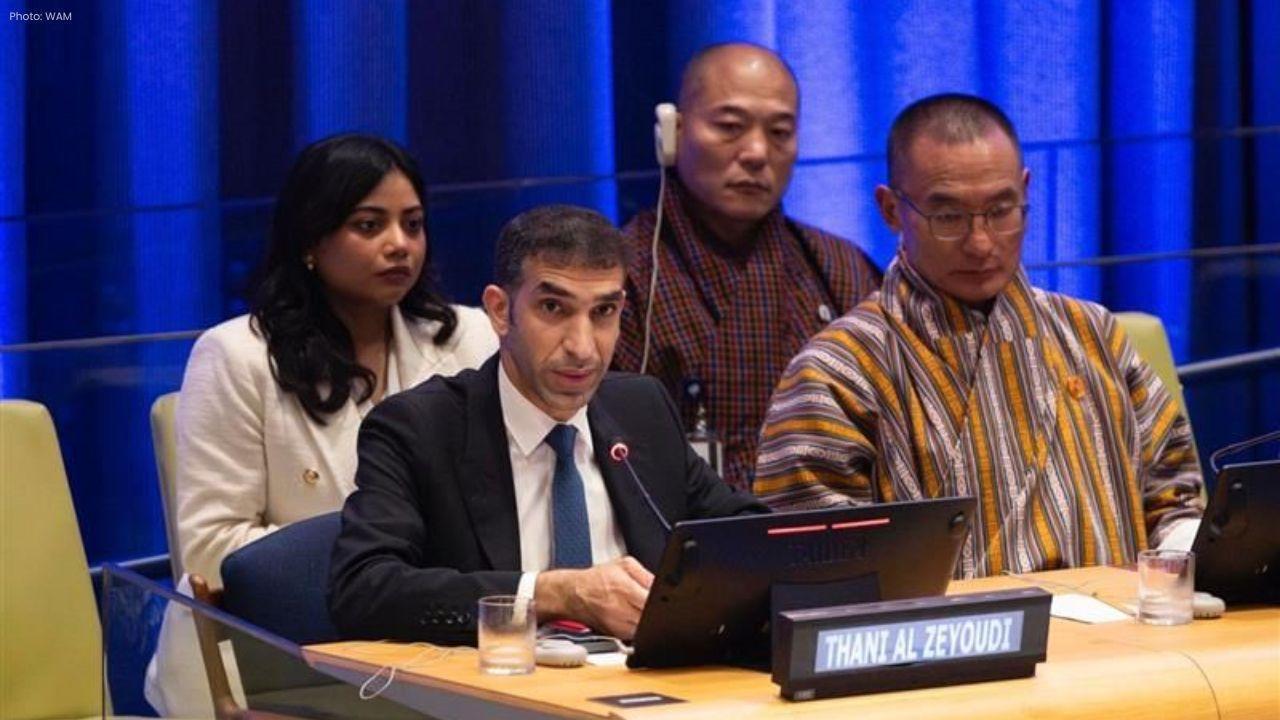

OpenAI's Revenue Soars to $4.3 Billion in First Half of 2025
OpenAI's revenue reaches $4.3 billion in the first half of 2025, marking a 16% increase from the pre

UAE Leaders Send Condolences to Saudi King Over Princess Abta's Death
UAE rulers and crown princes sent heartfelt messages to King Salman, mourning the passing of Princes

Brazil's Surplus Clean Energy Attracts Crypto Miners
Brazil's excess renewable energy is luring cryptocurrency miners. Companies like Tether and Renova E

Visa Tests Stablecoins to Make Global Payments Faster
Visa is testing stablecoins for international payments, aiming to speed up transactions and reduce t

Opera Unveils Neon AI Browser for Smarter Web Browsing
Opera introduces Neon, an AI-powered browser that automates tasks and enhances privacy, aiming to re

Albanese Visits Sheikh Zayed Grand Mosque in Abu Dhabi
Australian PM Albanese tours Sheikh Zayed Grand Mosque, highlighting peace, tolerance, and cultural